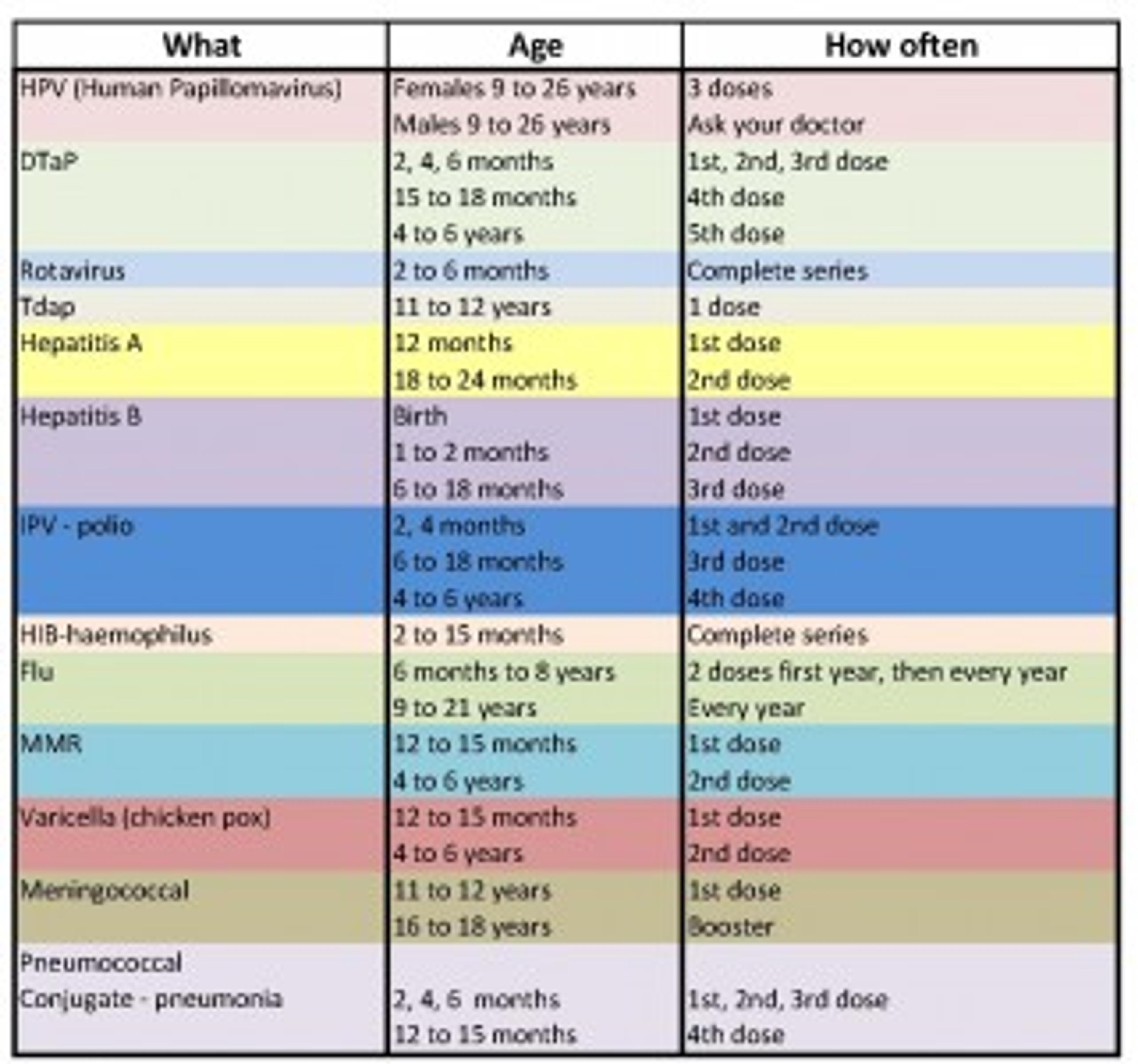Fact vs. fiction: The truth about immunization safety
Lara Abramov
| 2 min read

The New Year brings with it many things. For parents, that may include thinking about all the doctor’s appointments you may need to make for your kids this year. One of those appointments may be for your child to get their immunizations.
The Guidelines to Good Health immunization schedule for children
Immunizations have received a lot of press over the last few years. For instance, in 2010, an article appearing in The Lancet that suggested a link between vaccines and autism was retracted after flaws in the study’s research methods were revealed. However, as causes of autism have yet to be determined, many parents still fear that immunizations must be the culprit.
With all this publicity, many myths about immunization safety have arisen. As parents, we want to make sure our children are safe. And when it comes to vaccinations, sorting myth from fact is important to keeping our children healthy.
Below please find some common myths and facts about immunizations:
Myth: Vaccines can cause harmful side effects.
Fact: Vaccines are very safe. Most side effects go away soon and are mild. These might include a sore arm or a slight fever.
Myth: Vaccines will make my child sick in other ways.
Fact: Vaccines prevent diseases. They don’t cause them.
Myth: Getting several shots at the same time is risky.
Fact: Getting several vaccines at once doesn’t harm a child. Today, many children get combination shots. This includes MMR, for measles, mumps and rubella. Your child will not get more side effects with combination shots. They also work just as well as single shots.
Myth: Vaccines can overpower my child’s defenses against disease.
Fact: Vaccines cannot make a healthy immune system weak. The immune system is what protects your child against disease.
Myth: Vaccines only prevent rare diseases.
Fact: If people don’t get shots, even rare diseases can reappear.
Myth: Vaccines have bad ingredients in them.
Fact: Vaccines may have small amounts of chemicals. These include mercury, aluminum and formaldehyde. But in such small amounts, they aren’t unsafe. Some vaccines contain egg and gelatin. These may cause rare reactions in some people. Before getting a shot, tell your doctor if you or your child is allergic to any medicine or food.
By keeping up to date on shots, we can protect our children — and others. Over the long-term, the benefits of immunizing your child are greater than any risks. Click here to review our Guidelines to Good Health in their entirety.





